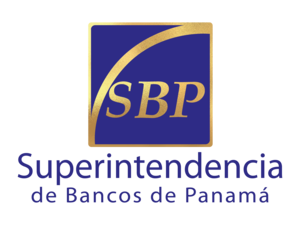The Superintendency of Banks of Panama (SBP), along with the German Savings Banks Foundation for International Cooperation (Sparkassenstiftung für internationale Kooperation e.V), will celebrate the Global Money Week 2021 from March 22 to 26 with different activities addressed to children and adolescents in the country.
Global Money Week (GMW), as it is known worldwide, will take place virtually.
With the slogan ‘Learn. Save. Earn,’ Panama joins once again this celebration and, to that end, a drawing and video competition has been organized, where children between 5 and 12 years old can let their creativity and imagination take off and win great prizes. Those interested in participating have until midday of Monday, March 22 to submit their projects. The contest rules are posted on the financial education website www.tubalboaconsentido.gob.pa / “Entérate” section.
Also, with the cooperation of the German Savings Banks Foundation for International Cooperation, at 6:00 p.m. on March 24 the webinar “Finanzas fáciles para niños” (Finance 101 for Kids) will be held and at 6:00 p.m. on March 25 the virtual seminar “¿Qué es el Mercado de valores y quiénes participan?”
(What is the stock market and its participants?), will be held, which is aimed at adolescents between 15 and 18 years old. The latter will be provided by experts from the Superintendency of the Securities Market.
Global Money Week celebration will conclude on March 26 with the launch of the “Zona Infantil” (Children’s Zone), a new section of the financial education website www.tubalboaconsentido.gob.pa, which will include activities and games for the little ones and will provide financial information in an easy, funny manner. During the launch of this section, the winners of the GMW drawing and video competition will be announced.
GMW is a global awareness-raising campaign on the importance of ensuring that young people, from an early age, are financially aware, and are gradually acquiring the knowledge, skills, attitude and behaviors necessary to make sound financial decisions and ultimately achieve financial well-being and financial resilience. It is organized by the OECD International Network on Financial Education (OECD/INFE), with the participation of children and young people from over 130 countries.
The OECD Recommendation on Financial Literacy encourages governments and other stakeholders “to develop financial literacy from the earliest possible age” on topics and through channels that are appropriate to the age of the learners.
For further information on these activities, please visit the website www.tubalboaconsentido.gob.pa


